Providing Exceptional Care for Each Patient
Knowledge, Diagnosis, Treatment, and Follow-up
Every patient should be treated like family, and at the Eye Center of Hawaii, this is our standard. Long gone are the days of doctors strictly telling patients what to do. At our practice, we explain treatment plans in easy to understand terms so that patients are comfortable and knowledgeable both about their condition and treatment options. We also instill a sense of personal responsibility in our patients’ care and the importance of teamwork in yielding the best possible outcome.
While our technicians and surgeons take the time to walk patients through each stage of their diagnosis and treatment to make sure they are familiar and comfortable with the entire process, we have provided additional information here on follow-up patient care. Should surgery become necessary, we have included both pre-operative and post-operative instructions, as well as, tips for applying eye drops.
Your First Visit to Eye Center of Hawaii
Learning about you and evaluating your eyes is the first step
Your first appointment at Eye Center of Hawaii will involve a comprehensive eye evaluation. This will include a detailed history, review of our practice and an examination of your vitreous and retina. Your eyes will be dilated for this examination and your vision may become blurred for a brief period of time.
Please set aside at least one hour for your initial consultation. If additional tests are required, your visit may go beyond an hour. You may wish to have someone accompany you to drive you home.



Whether it's macular degeneration or cataracts or a simple eye exam, you can find the most advanced care at our offices across the islands. Mahalo, David, for taking the time to tell about your experience with Dr. Miller and our Kona team while they took care of your macular degeneration. We take care of our patients like they are 'ohana.
🌺#ohana #MacularDegeneration #hawaii #bigisland #Eyecare ... See MoreSee Less
0 CommentsComment on Facebook
Each year, approximately 100,000 people suffer sports-related eye injuries, with around 13,500 leading to permanent vision loss. Most sports-related eye injuries can be prevented by wearing the right protective gear. Visit our optical in Kona and Lihue to get outfitted with the right eyewear for your active lifestyle.
#SportsEyeSafety #ProtectiveEyewear #sportsprotection ... See MoreSee Less
0 CommentsComment on Facebook
Your vision plays a vital role in your quality of life, and routine eye exams can help detect early signs of systemic conditions like diabetes, hypertension, and more.
✅ Schedule your annual eye exam
✅ Protect your eyes from UV rays
✅ Eat a nutrient-rich diet for healthy vision
Let’s keep our eyes—and our bodies—healthy together. 💙
#WorldHealthDay #EyeHealthMatters #VisionCare #Ophthalmology #HealthyEyesHealthyYou ... See MoreSee Less
0 CommentsComment on Facebook
Don't live with cloudy vision due to cataracts. We offer advanced Laser Cataract Surgery at the Ali’i Surgery Center on Oahu. Call us today to schedule your cataract exam and discover if now is the time for your cataract surgery. ... See MoreSee Less
0 CommentsComment on Facebook
We are so blessed with amazing optometrists who care deeply for our 'ohana. Mahalo Dr. Kashiwa, Dr. Ho and Dr. Bryant for taking such great care of our community. Happy World Optometry Day. ... See MoreSee Less
0 CommentsComment on Facebook
"Cez” has been working in the field of ophthalmology for over 18 years and has been with us for 12. She even volunteers her services to provide free eye care in the Philippines as part of the Bayanihan Without Walls Program. She serves multi-functionally as the clinic manager for all BEI locations and as a lead surgery coordinator/technician. A fluent native speaker of Ilocano and Tagalog, Cez is very passionate and tremendously happy and dedicated to providing quality eye care to every patient who comes her way. Drop a ❤️ or a comment below to thank her for all her hard work! ... See MoreSee Less
0 CommentsComment on Facebook